www.originalbeans.com
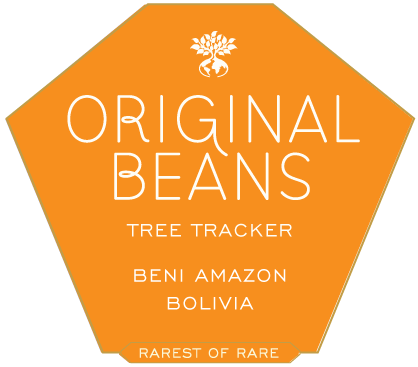
PROJECT TIMELINE
Updated: 09. May 2022
Spring 2022
Our local partners form the indiginous Movima community and discover a new Beniano cacao Islands where they camp to harvest the wild cacao.
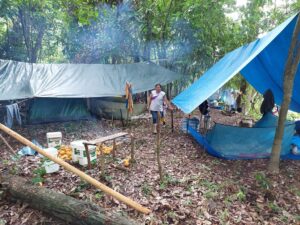
Winter 2021
Our local partner discovers a new cacao island and prepares the January harvest.
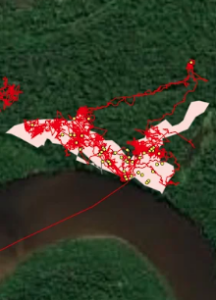
Summer 2021
Our local partner Forests of the World registers many different animals like monkeys, tapirs, and tiger cats in the cacao forest.
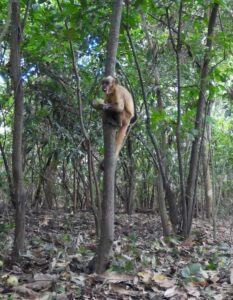
Spring 2021
The first cacao is getting dried in the new post-harvest station.
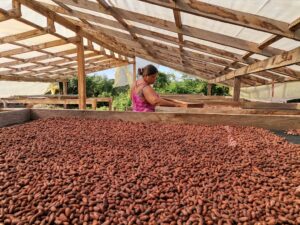
Winter 2020
Our Bean Team trains 45 indigenous Movima families in cacao harvest to explore unused cacao islands to increase their income generation.
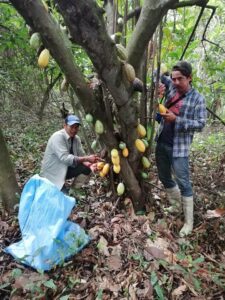
Autumn 2020
Wildlife in the cacao forests is being monitored as part of the conservation project of our partner “Forest of the World”.


Summer 2020
Our partners upgrad the local infrastructure for fermentation and drying to guarantee high-quality standards of cacao beans.
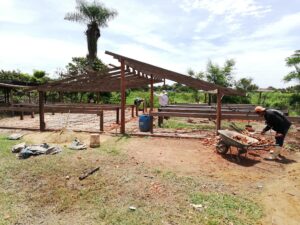
Spring 2020
Our partners harvest the first cacao in the Movina territory: About 500 kg dry cacao harvest and process as a trail to evaluate quality and processes.
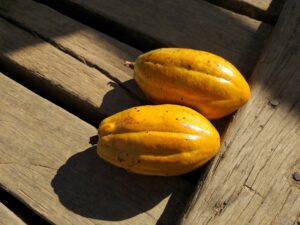
Winter 2019
Our cacao growers establish the first nurseries in Movima communities to plant agroforestry systems including wild cacao. They plant 2000 seedlings of Beniano cacao and 1750 seedlings of other native tree species.
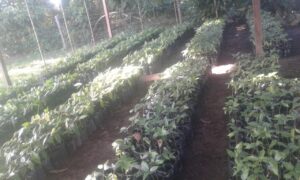
Spring 2019
Our Bean Team visits the Movima territory at the Rio Apere to support the “Forest of the world” project.
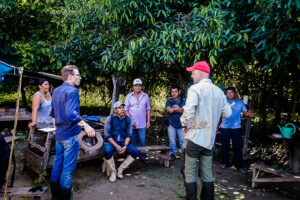
Autumn 2018
Our Bean Team designes climate-smart cacao and forest project with the Movima.
Summer 2018
Under guardianship of the Movima people at the Rio Apere, our partners start mapping wild beniano cacao forests.
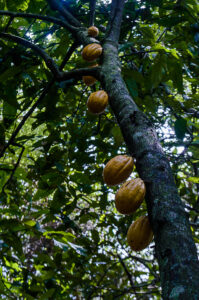
Spring 2018
Original Beans partners with the NGO “Forest of the World” to design a climate-smart cacao and forest project with Movima.
Spring 2017
Our local partners achieve their first organic certification for wild cacao from the Itenez region.
Autumn 2016
Our partners establishes nurseries with beniano cacao and native wood species.
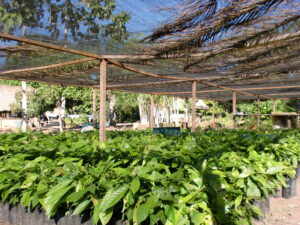
Autumn 2014
Our partners ‘Forest of the World’ begin their project with the Movima indiginous people at the Rio Apere.
beni wild 66%
Hints of floral honey, apricot and jasmine tea are present in this rarest of rare cacao. The taste leads to the wild cacao trees on Amazon forest islands, home to the vivid blue-throated macaw.

